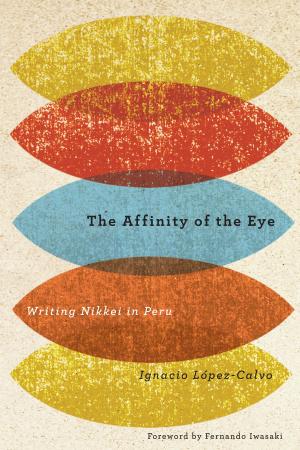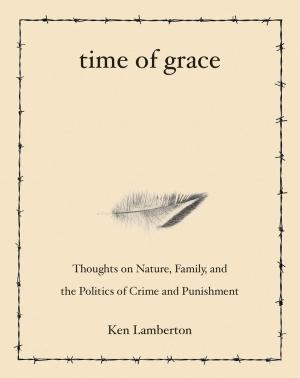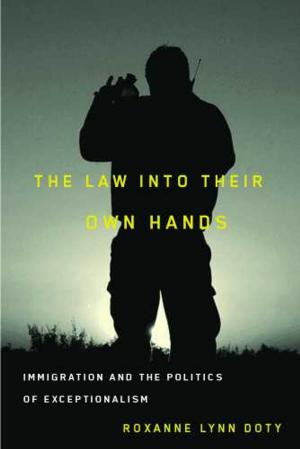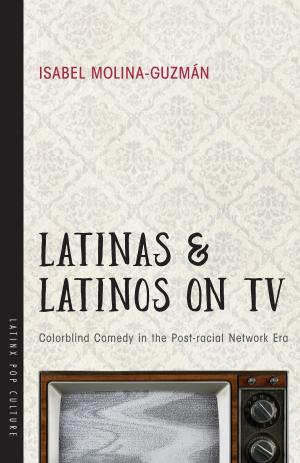The Ecological Other
Environmental Exclusion in American Culture
Nonfiction, Science & Nature, Nature, Environment, Ecology, Environmental Conservation & Protection| Author: | Sarah Jaquette Ray | ISBN: | 9780816599813 |
| Publisher: | University of Arizona Press | Publication: | May 16, 2013 |
| Imprint: | University of Arizona Press | Language: | English |
| Author: | Sarah Jaquette Ray |
| ISBN: | 9780816599813 |
| Publisher: | University of Arizona Press |
| Publication: | May 16, 2013 |
| Imprint: | University of Arizona Press |
| Language: | English |
With roots in eugenics and other social-control programs, modern American environmentalism is not always as progressive as we would like to think. In The Ecological Other, Sarah Jaquette Ray examines the ways in which environmentalism can create social injustice through discourses of the body.
Ray investigates three categories of ecological otherness: people with disabilities, immigrants, and Native Americans. Extending recent work in environmental justice ecocriticism, Ray argues that the expression of environmental disgust toward certain kinds of bodies draws problematic lines between ecological “subjects”—those who are good for and belong in nature—and ecological “others”—those who are threats to or out of place in nature. Ultimately, The Ecological Other urges us to be more critical of how we use nature as a tool of social control and to be careful about the ways in which we construct our arguments to ensure its protection.
The book challenges long-standing assumptions in environmentalism and will be of interest to those in environmental literature and history, American studies, disability studies, and Native American studies, as well as anyone concerned with issues of environmental justice.
With roots in eugenics and other social-control programs, modern American environmentalism is not always as progressive as we would like to think. In The Ecological Other, Sarah Jaquette Ray examines the ways in which environmentalism can create social injustice through discourses of the body.
Ray investigates three categories of ecological otherness: people with disabilities, immigrants, and Native Americans. Extending recent work in environmental justice ecocriticism, Ray argues that the expression of environmental disgust toward certain kinds of bodies draws problematic lines between ecological “subjects”—those who are good for and belong in nature—and ecological “others”—those who are threats to or out of place in nature. Ultimately, The Ecological Other urges us to be more critical of how we use nature as a tool of social control and to be careful about the ways in which we construct our arguments to ensure its protection.
The book challenges long-standing assumptions in environmentalism and will be of interest to those in environmental literature and history, American studies, disability studies, and Native American studies, as well as anyone concerned with issues of environmental justice.















